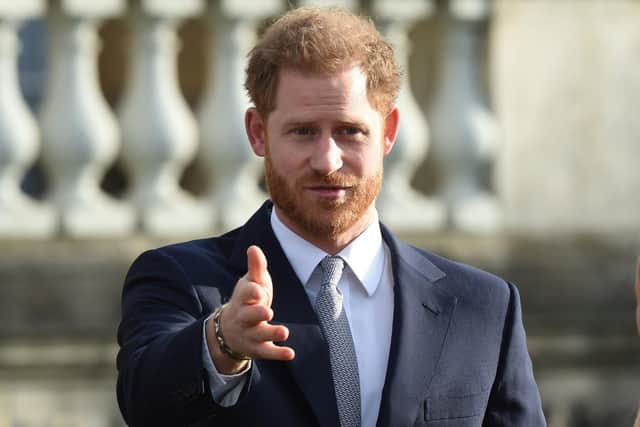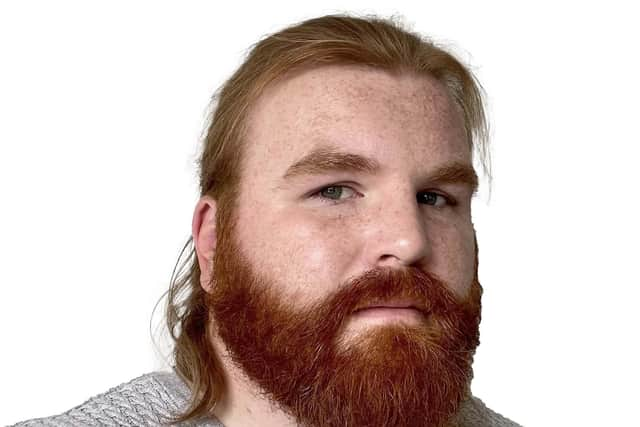Prince Harry: Pearl clutching over drug use shows how backwards British attitudes can be
Harry recently spoke candidly about his recreational use of cocaine, cannabis and ayahuasca, saying he had turned to substances as a result of mental health struggles.
On Saturday, Harry spoke to Dr Gabor Mate, author of The Myth Of Normal: Trauma, Illness & Healing In A Toxic Culture, on a livestream.
Advertisement
Hide AdAdvertisement
Hide AdDuring the discussion, Dr Mate spoke about people using drugs to deal with problems in their lives, before asking Harry about his reasons for using drugs including cocaine and cannabis.


“The first one you mentioned, that didn't do anything for me, it was more a social thing,” Harry said. "It gave me a sense of belonging and probably also made me feel different to the way I was feeling.
“Marijuana is different, that actually did really help me.”
As a result, criticism has ranged from squeamishness over his use of illegal drugs, to outrage that he would express displeasure at growing up in an institution as strange and as parochial as a monarchy. Worse, social media has been awash with comments downplaying his struggles with mental health, and people failing to grasp the link between mental health and drug abuse.
As the Scotsman’s health correspondent, I frequently speak to drug experts in Scotland, who tell me the use of illicit drugs to cope with mental health issues is not only common, it is one of the main aggravating factors of drug and alcohol addiction in the UK.


For a start, drugs are everywhere. They are accessible and easily obtainable in every settlement in the west, either through traditional drug dealers or via the internet. The variety, quality and quantity may vary, but they are available.
Add to this a burgeoning mental health crisis and an under-funded, under-resourced NHS that is struggling with its day-to-day operations and emergency services, let alone mental health treatment, and you can see how easily the two are connected.
Archaic public attitudes towards drugs and mental health have also given us several governments that have consistently underfunded mental health services, while talking tough about drug enforcement that doesn’t work.
Two years ago, while writing about a sharp rise in drug deaths relating to benzodiazepines, I found several online outlets advertising delivery for as little as £1 a pill. They produce a calming effect, but are incredibly addictive.
Advertisement
Hide AdAdvertisement
Hide AdI also spoke to the family of a 20-year-old man from Livingston who died from an overdose of illicit benzos, who told me he was self-medicating while on a waiting list for mental health treatment. If he had been treated with genuine medication, and not been left on a waiting list for years, it’s not hard to imagine he would still be with us today.
That’s the real, human cost of the stigma around drug use and mental health.
Comments
Want to join the conversation? Please or to comment on this article.